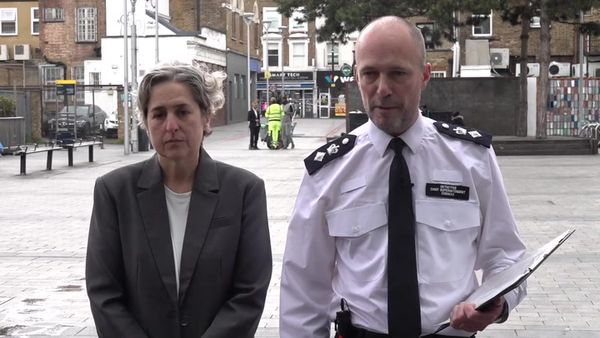
Few things are more pleasant that when an accountant runs through what you've earned and paid and confirms that you will not owe any extra taxes in April.
On the other hand, few things are worse than finding out that you underestimated just how much in taxes you have to pay.
Earlier this year, 33% of Americans said that high taxes are a major source of their daily stress while for an additional 30% it was the economy in general.
But in 2023, more families will find that they owe federal taxes. A new estimate from the Tax Policy Center think tank found that only 72.5 million households will owe no federal taxes at all.
With roughly 180 million households across the U.S., that adds up to approximately 40% of all families in the country. That number was at 56% in 2021 and 59.3% in 2020.
Start Setting Aside Money For Federal Taxes Now
The 72.5 million includes 42.1 million households in the lowest-earning percentile and 20.4 million in the second-lowest. As different life circumstances can spare one a federal tax bill, there are even 160 households in the top-earning percentile who will not owe federal income taxes in 2023.
"For the most part, people don't pay income tax because they have little income," Howard Gleckman, senior fellow at the Urban-Brookings Tax Policy Center at the Urban Institute, wrote in a blog post discussing the findings. "About 60% of non-payers make less than $30,000 and another 28% make between $30,000 and about $60,000."
The number of those not needing to pay federal taxes saw a historical bump in 2020 and 2021--both because unemployment spiked during the early days and because some received pandemic-related relief like the child tax credit.
The numbers of those who don't need to pay are also higher due to the Tax Cuts and Jobs Act changes that nearly doubled the standard deduction from 2018 through to 2025.
This is also a contentious political issue.
What Do I Do To Avoid A Big And Unexpected Tax Bill?
"During the COVID-19 recession, many households also fell below the income tax thresholds because they received large Economic Impact payments in the form of tax credits that also reduced their income tax liability," Gleckman wrote. "In addition, in 2020, unemployment insurance benefits were tax exempt. Those benefits have now ended."
While the TCJA changes bring the rates to just slightly above historical norms, many people who received a pandemic-related relief benefit and later resumed working may be hit with an unexpected surprise when their final tax bill is calculated.
This is particularly true for self-employed freelancers and those who run their own businesses.
While an accountant can be an additional expense for those whose incomes are already on the border of qualifying for non-payment, running through what one earned, paid and owes is a good way to avoid unwelcome surprises later.
If one's taxes aren't deducted automatically, so is setting aside a portion of one's monthly income.
"[The rate of households not needing to pay] will remain relatively steady in absolute numbers and as a share of tax filers as long as the job market remains relatively healthy and until the individual tax provisions of the 2017 Tax Cuts and Jobs Act expire at the end of 2025," Gleeckman writes.






